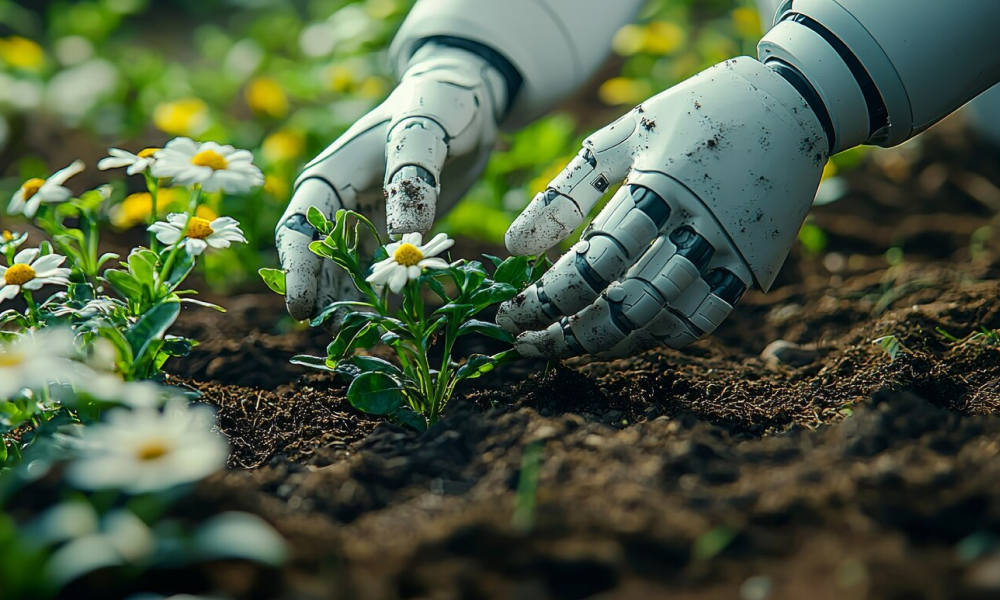How Automation is Revolutionizing Agriculture: Enhancing Productivity and Sustainability

Services
- Special Purpose Machines
- Heavy Fabrication Fixtures
- Line Automation
- Railway Tools
- Robotic Welding Systems
how can we help you?
Have questions or need assistance? Get in touch with us today. We're here to help.The agricultural sector is witnessing a technological revolution with the rise of automation and robotics, driving significant enhancements in both productivity and sustainability. Traditional farming methods, reliant on manual labor, are being replaced by advanced systems that allow for precision, efficiency, and reduced environmental impact.
One of the primary benefits of automation in agriculture is the ability to perform tasks with precision. Robotic systems, such as automated tractors and drones, can plant, monitor, and harvest crops with pinpoint accuracy. This reduces waste, optimizes the use of resources like water and fertilizers, and ensures consistent quality. For example, precision farming techniques utilize GPS and AI to analyze soil conditions, determine the best planting strategies, and apply inputs only where necessary, minimizing environmental harm.
Additionally, automated irrigation systems are revolutionizing water management. These systems monitor soil moisture in real-time and supply water based on the specific needs of the crops, reducing water usage and conserving this valuable resource. The use of robotic harvesters also speeds up the collection process, ensuring crops are harvested at their peak, reducing spoilage and increasing yields.
In terms of sustainability, automation reduces the need for chemical pesticides by enabling targeted applications. Smart farming technologies can detect and address crop health issues early, using environmentally friendly solutions that protect both the ecosystem and the crops.
Conclusion
Automation and robotics in agriculture are not just about improving productivity but also about fostering sustainability. By integrating smart technologies, farmers can reduce waste, conserve resources, and promote healthier, more sustainable farming practices. As these systems continue to evolve, the future of agriculture looks greener and more efficient, ensuring food security for a growing global population.